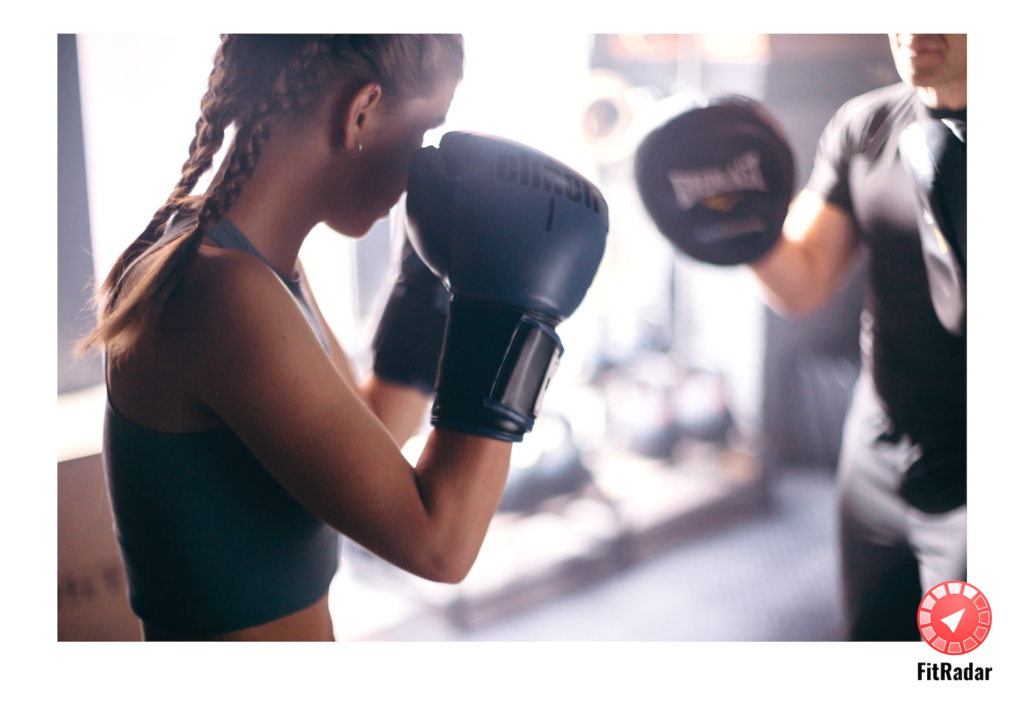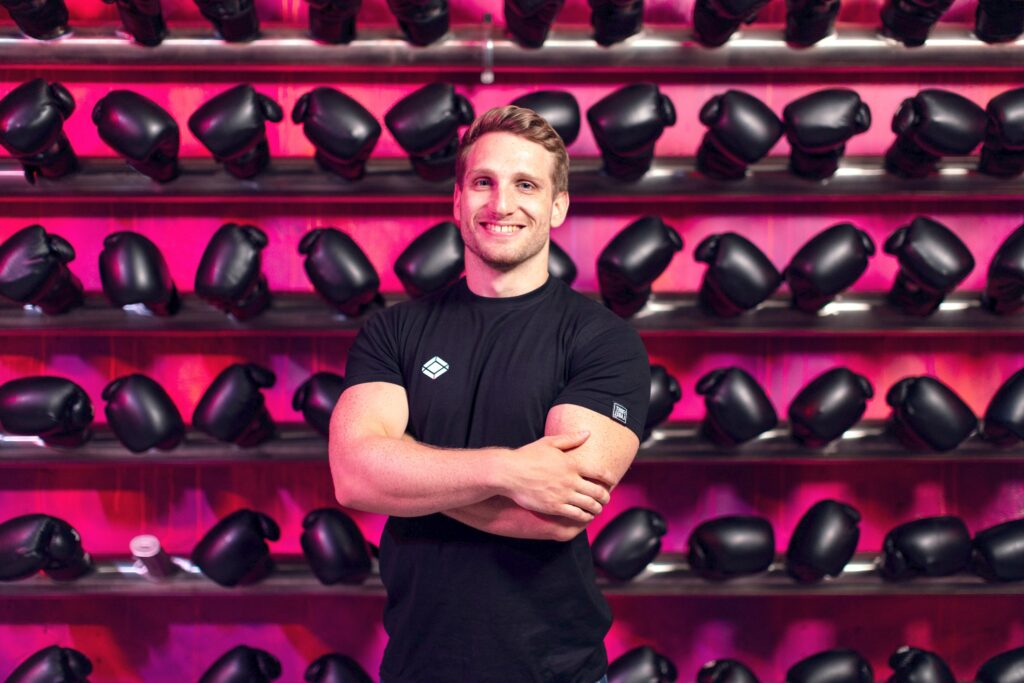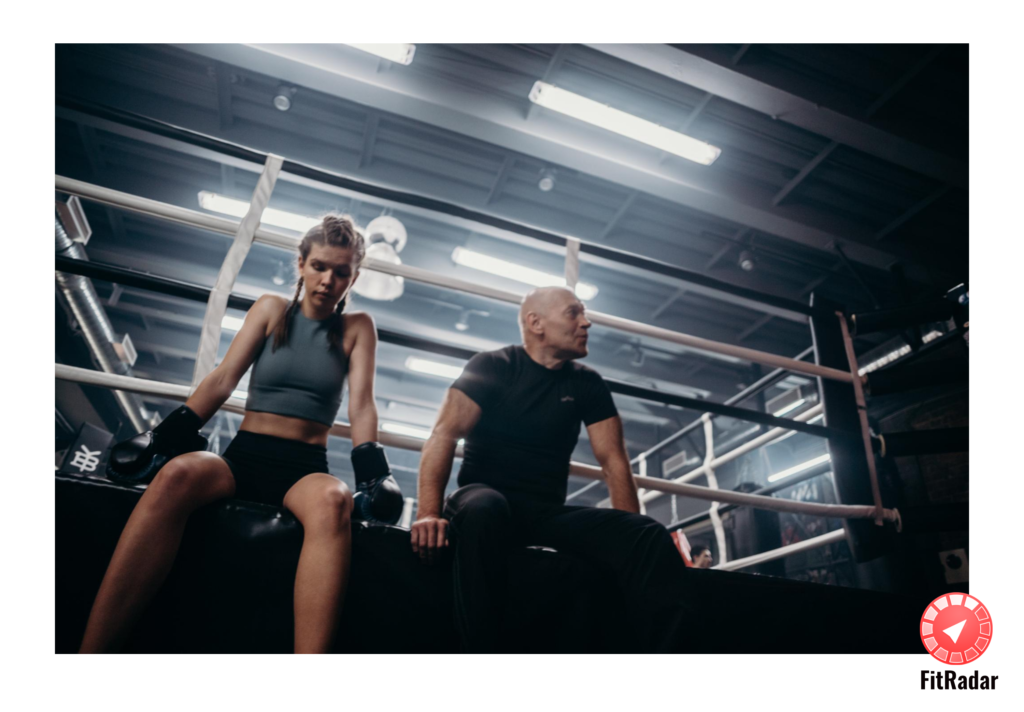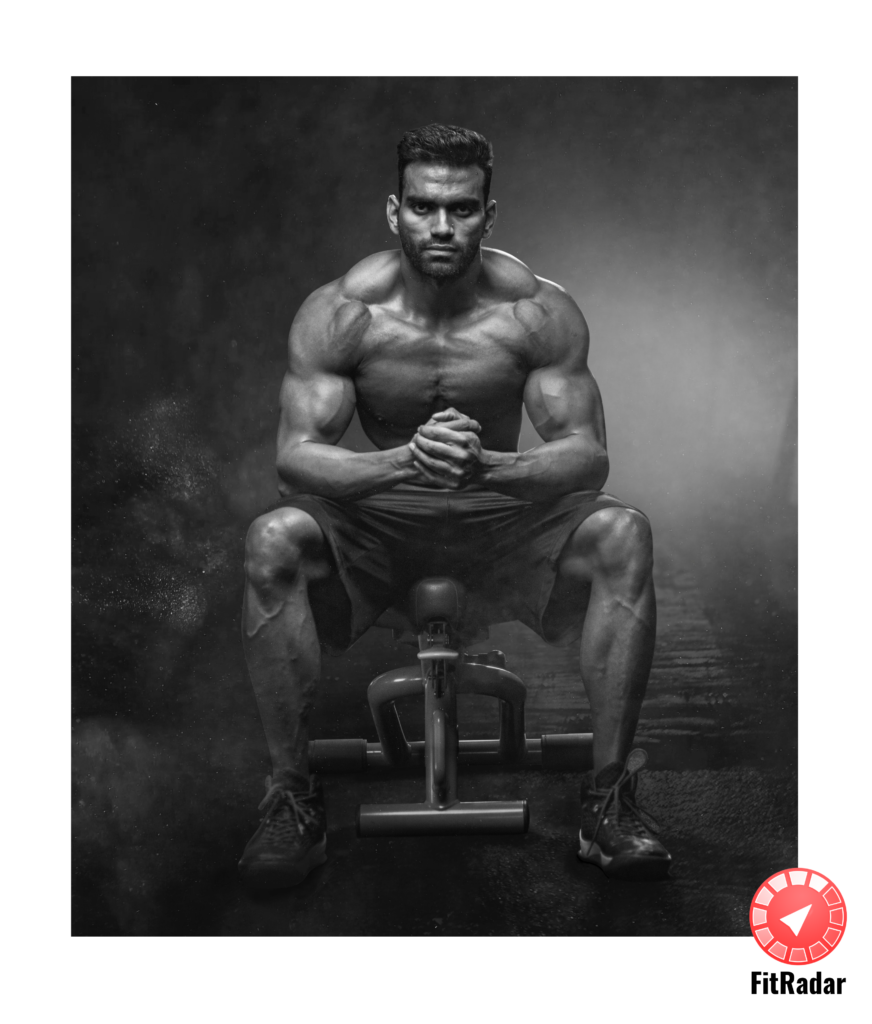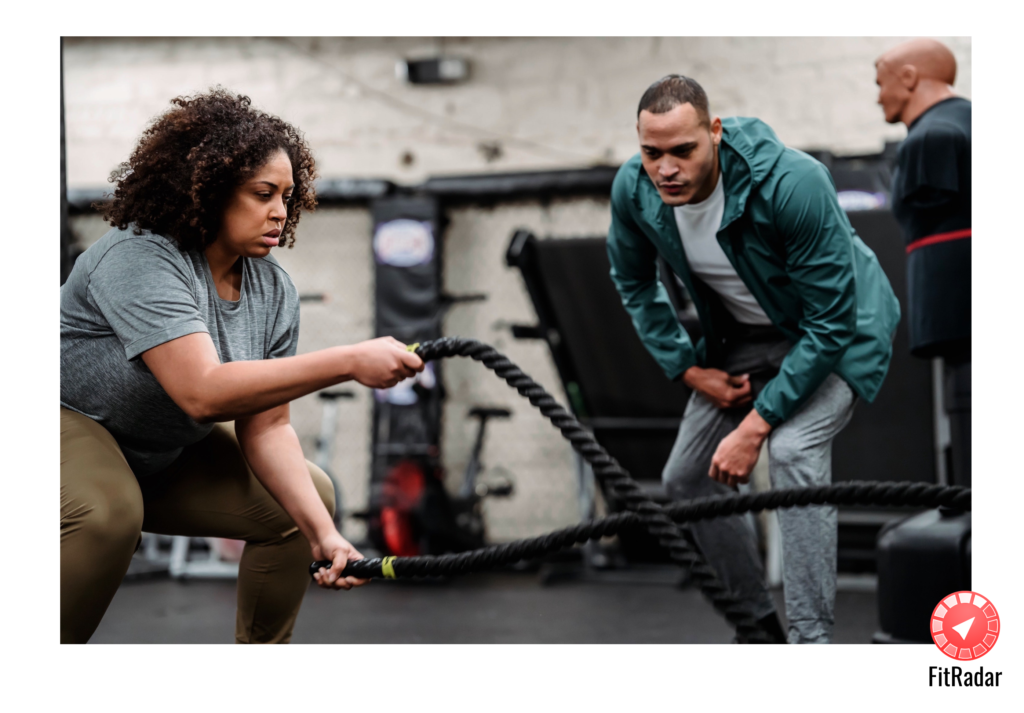
1. HELPING PEOPLE
Personal training is about helping people reach their health and fitness goals. Most individuals seeking the guidance of a personal trainer want to improve their general fitness, reduce pain, improve their athletic performance or lose weight. With 70% of the U.S. population considered to be overweight or obese, the need for personal training services is more important than ever!
There are obvious health risks associated with being overweight, but there is also the aspect of people lacking confidence and feeling apprehensive about their body.
Whatever the reasons, people are in need of help and motivation when it comes to safely and effectively incorporating exercise into their regular routine. When they look for help, they will turn to a fitness professional who has a passion for sharing knowledge and changing people’s lives!
2. CAREER OPPORTUNITIES
The continued rise of people who are overweight or obese has driven the weight loss industry to reach an astounding $2 billion dollars. Fueled by the need for healthier living, the personal training industry is expected to continue to grow by more than 16% between 2015 and 2020.
Fitness professionals who can help clients reduce their weight and reach their goals safely and efficiently are currently and will continue to be in high demand.
3. INCOME EARNINGS
With the growing industry comes growing pay for the professionals within that industry. Fitness professionals have witnessed their mean incomes grow 26% from 2010-2014. With the demand for personal trainers continuing to increase, you can expect incomes to rise as well.
This shows that while the industry continues to expand and the outlook remains high for all fitness professionals, it is important to seek education and certification from the right organization!
4. INDEPENDENCE
Schedules can be flexible as you work with your client base to determine training times and availability. You can be your own boss as an independent trainer, guiding your own schedule and business. The industry is also open to entrepreneurs who have the drive and ambition to build their own brand and business.
5. BECOME A FITNESS EXPERT
Many people want to become fitness experts. As a successful fitness professional, you can become the go-to individual for a community’s health and fitness needs, ranging from the local gym to the media. Through strong business development and a commitment to success, you can even grow to become a national expert as well.
There are many reasons to become a personal trainer. The most important is a passion for fitness with a focus of helping people. The first step to your new and rewarding career is to begin your educational journey. By growing your knowledge, you will be on the path to developing the skills necessary to guarantee success in your career.
Source: https://blog.nasm.org/certified-personal-trainer/top-5-reasons-to-become-a-personal-trainer
P.S. Please visit our website: https://www.fitradar.me/ and join the mailing list. Our app is coming soon.
